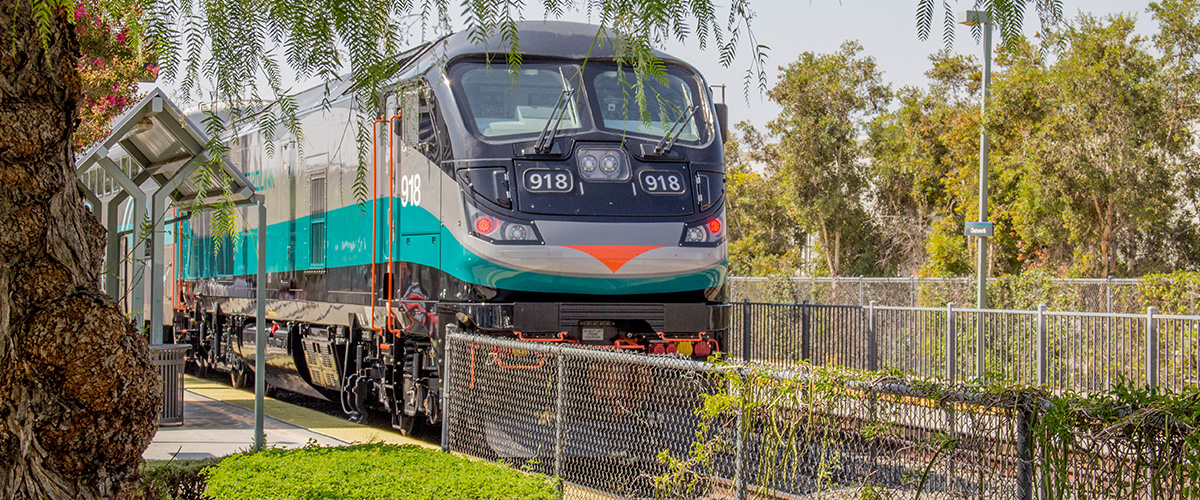Accessibility and Affordability Study

Metrolink’s Accessibility and Affordability Initiatives
In 2020, Metrolink’s Board of Directors approved the Recovery Plan Framework to rebuild ridership and enhance service. Among its five pillars, the "Triple Bottom Line" prioritizes economy, environment, and equity. As part of this commitment, Metrolink launched its first equity-focused Accessibility and Affordability Study, adopted in April 2021.
Key Goals of the Study:
- Optimize Metrolink’s role in reducing traffic congestion and greenhouse gas emissions.
- Ensure service is equitable, addressing accessibility, affordability, and accountability.
- Provide policy and program recommendations for future service and policy improvements.
Defining Equity at Metrolink
In May 2021, Metrolink adopted the following equity definition:
Equity at Metrolink means all policies, service decisions, investments, and engagement foster an inclusive, fair, and just workplace and community. We acknowledge systemic disparities and respect the diverse histories, challenges, and needs of our employees and riders.
Low-Income Fare Discount Program
A key study recommendation was a 50% fare discount for low-income riders (households earning at or below 200% of the federal poverty line). This aligns with Metrolink’s findings from a 2021 customer survey, showing an increase in riders with household incomes under $50,000 from 23% (2018) to 45%.
Thanks to $1.7 million in State of California funding under the Low Carbon Transit Operations Program (LCTOP), Metrolink is implementing a subsidized pilot program to make transit more affordable and accessible for Southern California communities.
Learn more about Metrolink’s commitment to equity, accessibility, and affordability at Metrolink's Equity and Accessibility page.
Equity Atlas
Metrolink’s Equity Atlas is a spatial data tool that identifies barriers to accessing and affording regional rail service. It features datasets on demographics, economics, education, and more to reveal disparities across Southern California.
Click here to visit the Equity Atlas Map